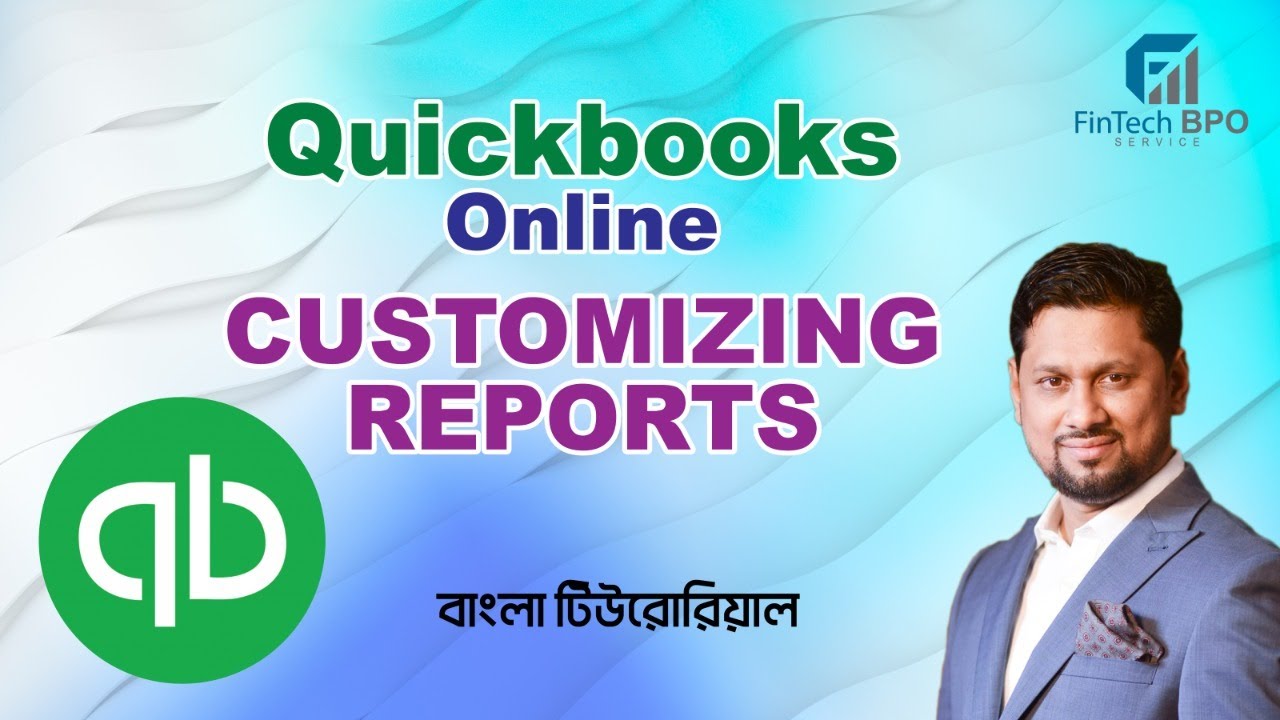School
What is freelancing?
In simple terms, freelancing is the act of working for yourself, rather than an employer. As a freelancer, you’re in control of how much work you take on and when you do it – although you may have to sacrifice some stability and security for that flexibility.
There are a number of reasons why people choose to freelance. Some do it to top up their income from another job; others use freelancing as a way to transition into becoming their own boss full-time. And then there are those who simply prefer the freelance lifestyle – the freedom and flexibility it affords them.
Whatever your reasons for wanting to give freelancing a go, there’s no denying that it can be a great way to earn some extra money (or even a full-time living). But it’s not always easy. In fact, freelancing can be pretty tough at times. So before you take the plunge, it’s important that you understand what you’re getting yourself into.
In this post, we’re going to take a look at what freelancing is, how it works, and some of the ups and downs that come with working as a freelancer. By the end, you should have a good idea of whether or not this type of work is right for you.
Let’s get started!
What is freelancing? Freelancing 101
The term “freelance” actually comes from medieval times when knights would offer their services to the highest bidder. These days, though, the term is used to describe anyone who works independently – usually in creative or professional fields such as writing, graphic design, web development, etc. – rather than being employed by a single company or individual on a long-term basis. Here are some key points about what it means to be a freelancer: • You’re in control of your own work: as a freelancer, you get to choose which projects you work on and when you work on them. This means that you can pick and choose based on your own interests and schedule (within reason), rather than having someone else dictate what you do day-in and day-out. • You don’t have the same level of stability: one of the downsides of being in control of your own work is that there is often less stability than there would be in a traditional job. Since most freelancers are paid per project (rather than receiving a regular salary), there can be times when work is slow and money is tight. This can be especially challenging if you rely on freelancing as your primary source of income. • You wear many hats: another consequence of working for yourself is that you often have to take on many different roles – from project manager and salesperson to accountant and marketing expert (and everything in between). This can be daunting at first, but it also provides an opportunity to learn new skills and grow professionally in ways that wouldn’t be possible in a traditional job setting. • You get paid for your skills: since most freelancers are paid by the project (rather than hourly), this means that you have an opportunity to earn more money based on your skillset and experience level. In other words, if you’re good at what you do and can produce quality work quickly, you can command higher rates than someone just starting out in the freelance world. Now that we’ve answered the question “what is freelancing?, let’s take a look at how it actually works… How does freelancing work? The basics When it comes down to it, being a freelance professional is all about selling your skills and services to clients who need them – just like any other business transaction. Of course, there are some key differences between traditional businesses and freelance businesses that are worth pointing out: • There are no middlemen: as a general rule, when you sell goods or services as a traditional business owner, there are always going to be middlemen involved (e.g., wholesalers, retailers) who take their cut before the product or service ever reaches the customer. But when you sell goods or services as a freelance professional direct-to-consumer (i



